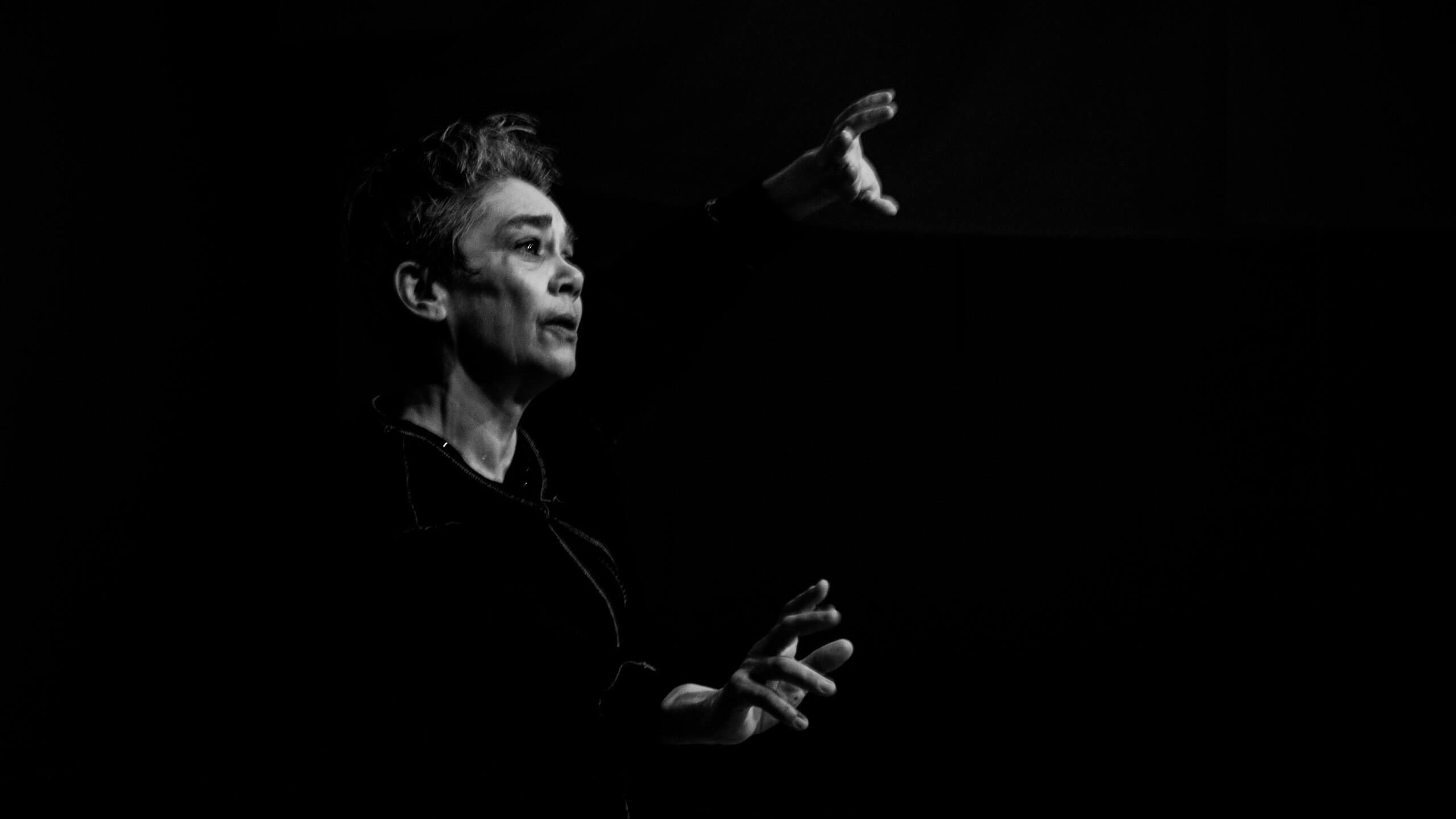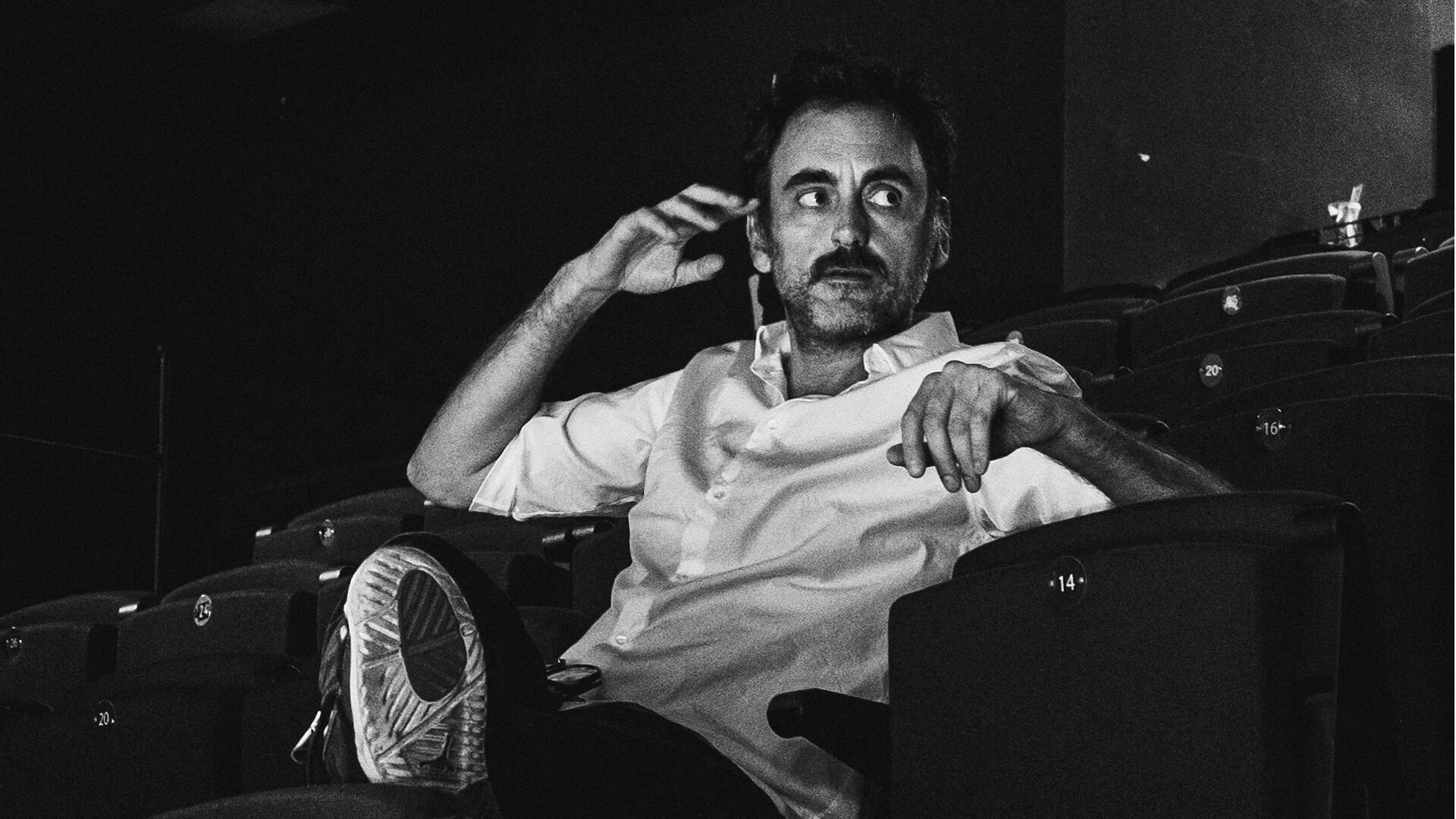Pablo Messiez
Pablo Messiez was born in Buenos Aires in 1974. He made his debut in 2007 as playwright and director of Antes, a very free version of Carson McCullers’ Frankie and the Wedding. He has performed for Argentinean stage directors such as Leonor Manso, Cristian Drut, Rubén Szuchmacher and Daniel Suárez Marsal, among others.
In 2022, he premiered La voluntad de creer, of which he is the author and director, at the Naves del Español in Matadero, winner of the Max Award for best show in 2022 and currently touring Spain.
View more
In 2019 he was invited by the Teatro de la Zarzuela in Madrid to direct his version of La verbena de la Paloma as part of the Zarza Project, and premieres at El Ambigú del Teatro Kamikaze La otra mujer (a concert), a piece inspired by Nina Simone and Nina from Chekhov’s The Seagull. Also in 2019 he premiered Las canciones, a play he wrote for El Pavón Teatro Kamikaze.
In 2018 he wrote and directed for the Kompanyia Lliure El temps que estiguem junts, which he premiered at the Espai Lliure, and he was nominated for the Valle-Inclán awards for his production of He nacido para verte sonreír. In the same year, he premiered the stage version of Manuel Puig’s Cae la noche tropical at the Teatro San Martín in Buenos Aires.
In 2017 he premiered Santiago Loza’s text He nacido para verte sonreír at Teatro de La Abadía, and Federico García Lorca’s Bodas de sangre at Teatro María Guerrero of the Centro Dramático Nacional.
In 2016 he premiered La distancia, a stage version of Samanta Schweblin’s novel Fever Dream, produced by Bacantes Teatro and performed at El Pavón Teatro Kamikaze. In the same year he also premiered two of his own texts: Ningún aire de ningún sitio, as part of the festival El lugar Sin Límites at the Centro Dramático Nacional, and Todo el tiempo del mundo at the Teatro Palacio Valdés in Aviles.
Parallel to his work as an actor, author and director, he has developed his teaching activity in various studios and institutions. Together with Lucas Condró, he published Asymmetrical-Motion: Notas sobre pedagogía y movimiento, wrote Las palabras de las obras, a compilation of some of his texts, and El tiempo que estemos juntos, all published by Continta Me Tienes.
© Laia Nogueras





